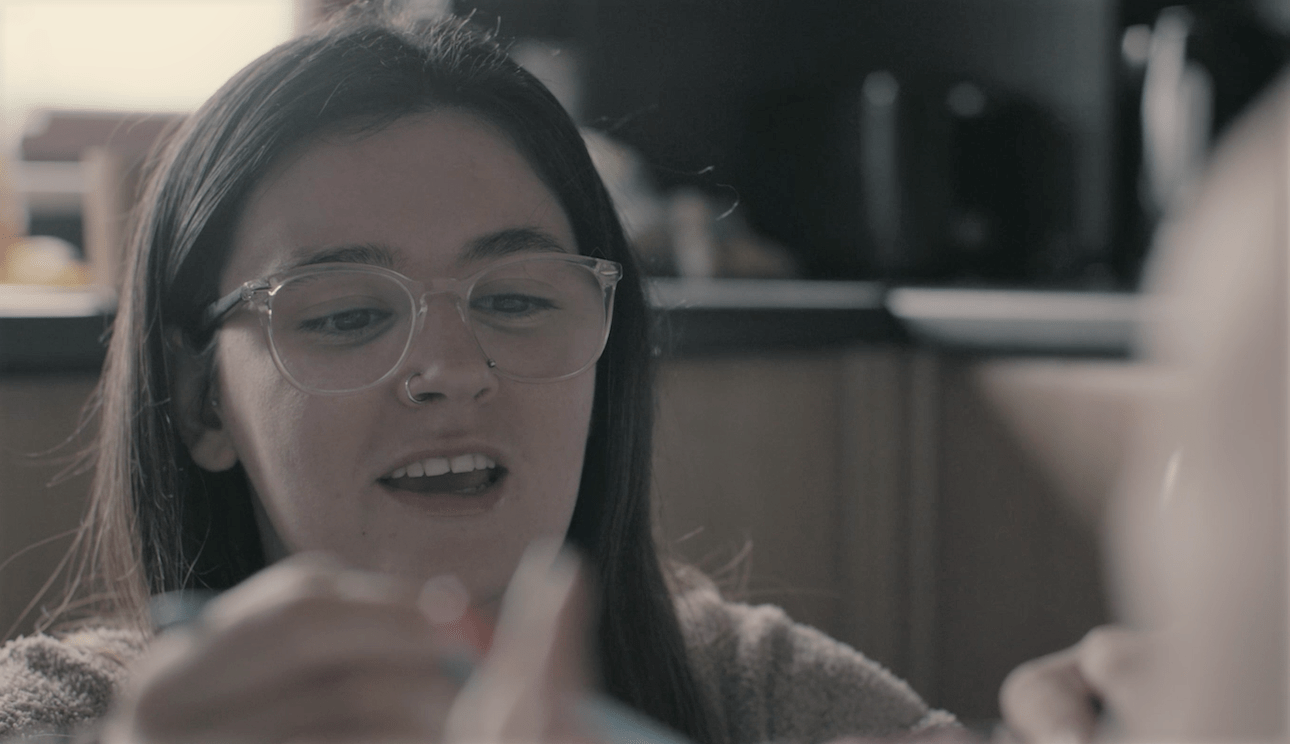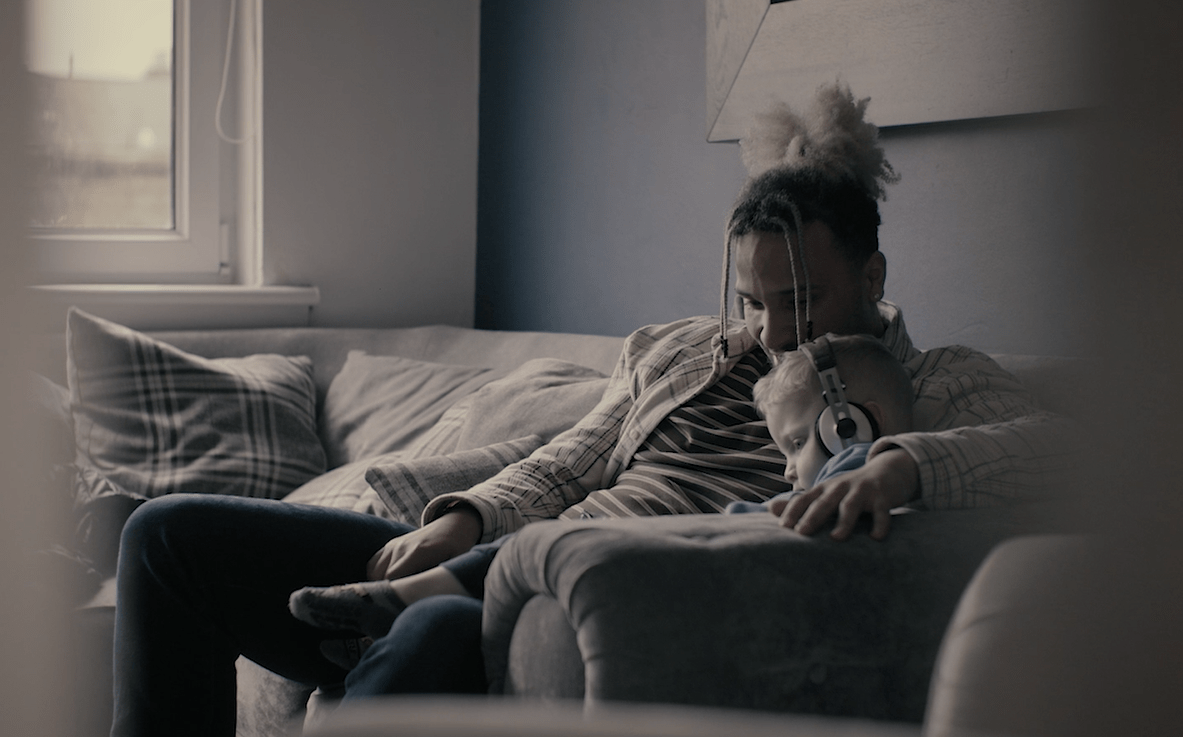For many lone parents, pregnancy and parenthood had not only the usual worries and challenges but many others too, including the feeling of isolation and being stigmatised. We know that peer support groups and early support for families can make a huge difference and there’s already been some great work in this area.
Small Talk is part of the Foundation’s Covid Response Programme, a range of projects that support those who were most negatively affected by the pandemic, including that of lone parents.

The Small Talk project began in Scotland with small-scale research among young, single mothers, aged under 25, who had given birth during the pandemic.
Together with three partner organisations, the research happened between February and April 2022. The study clearly identified the need for support during the perinatal period - birth to 12 months, and early mental health and well-being support for lone parents, including during pregnancy. It also highlighted the benefit of peer support networks for the emotional well-being of young mums and their desire for more support of that type.
I started going to the drop-in and met lots of mums, made new friends…You can ask people for advice and chat to other mums and hear their challenges and learn from them.
This place means I have people to talk to, like me. All my mates disappeared after I had him…they just got on with their lives and I felt really lonely…but now I’ve made new friends.
Following the research, the Small Talk project began in June 2022. We joined seven partner organisations to improve the mental health and emotional well-being of vulnerable, lone parents through peer support groups that would be delivered by partner organisations.
Working with the following partners, we will be delivering peer support groups to vulnerable, lone parents in Scotland.
If you’re alone you feel isolated. But when [this place] came in, I felt like I belonged somewhere. And I feel like at least I'm not isolated anymore.
When it happened (my pregnancy) there was no support from the father…I was doing everything on my own. I needed emotional support but there was none…I was so depressed.
Project phases
The project is funded until March 2024 and our role is to support and train staff, as well as co-producing a framework for the peer support delivery. The project has two key phases.
In phase one, we will find out the training and development needs of staff and volunteers at each of our partner organisations.
We want to know what the organisations and teams need to be confident in delivering peer support groups that support the mental health of lone parents.
With this information, we will host training events, support staff and volunteer development and reflection, and bring the partner organisations together to share what we have learned. Our network of partners will share their knowledge, skills and experiences to mentor one another.
The day in Glasgow gave me time to stop and think about how the staff work together, and how we talk about our work and reflect on it. Or not. The last few years have felt like it's all been about surviving, and perhaps now it's time to breathe and look at what we do, with a view to improving what we do, for our families and our staff.
In phase two, our partners will use the training they’ve had to run peer support groups for lone parents across Scotland. We will monitor and evaluate the effect of this enhanced support on the emotional well-being of parents. We will also find out what other ways the families benefit from taking part in the peer support groups.
This is a limited project, but we will use what we learn from Small Talk and present it to people and organisations who make decisions about community investment.
With the evidence that we have gathered, we can call for effective peer support groups to be available to all lone parents. We will also share our model of delivery with other organisations and services so that they can use it in their delivery to parents.
The project is overseen and supported by a steering group. The group members meet quarterly. The group members are:
- Anne Burns - Family Nurse Practitioner Lead
- Cathy Sexton - Fathers Network Scotland
- Emma Cashmore-Gordon - Aberlour
- Jane Turner - Consultant Child and Adolescent Psychotherapist - Lead for Infant mental health
- Michelle Guthrie - Health Improvement Senior
- Stephanie Mair - Perinatal Mental Health Specialist Midwife
- Grace Niven and Karen Ross – Health Visitor Team Leads
- Imogen Brown and Amy Bryson – Home Start Glasgow South
For more information on Small Talk, email [email protected] .
Videos: Lone parent experiences

Find out more about our Covid Response Programme
The COVID-19 pandemic has had a negative effect on the mental health of people all over the country, but people who already experience inequality have been far more adversely affected. We have invested in our Covid Response Programme to deliver targeted support for lone parents, refugees, people from Black and minority ethnic communities, and people living with long-term health conditions.
